The Low Altitude Systems and Economy Research Institute has been established, and HKUST(GZ) takes the lead in taking off!

The Central Economic Work Conference held at the end of 2023 proposed the development of several strategic emerging industries, including bio-manufacturing, commercial aerospace, and the low-altitude economy. This year, the concept of the low-altitude economy was further emphasized in the government work report during the National People's Congress and the Chinese People's Political Consultative Conference, clearly stating the intention to actively foster this "new growth engine."

Standing at the forefront of a trillion-dollar industry, the Hong Kong University of Science and Technology (Guangzhou) is poised to "take off." On April 12th, the Low Altitude Economy Kick-off Meeting was held in our university with great fanfare. As an innovative research-oriented university, the Hong Kong University of Science and Technology (Guangzhou) deeply recognizes the vast prospects of low-altitude economy development. With a united effort, the university has established the Low Altitude Systems and Economy Research Institute (LASERi). The interdisciplinary research driven by a mission is the unique strength of our university, enabling us to continuously explore and innovate in the field of low-altitude economy and propose innovative solutions.
Prof. Lionel M. NI, the President of Hong Kong University of Science and Technology (Guangzhou), Chair of the Advisory Committee for the LASERi, retired fourth President of HKUST, Emeritus Professor of the Department of Mechanical and Aerospace Engineering, and Chief Scientist and Chief Strategy Officer of the Hong Kong Satellite Manufacturing Center, Prof. Wei SHYY, along with over a hundred faculty and staff members from the university, gathered together to witness this grand occasion.
Under the leadership of the Advisory Committee, Prof. Liuqing YANG, Chair Professor and the Thrust Head of the Thrust of Intelligent Transportation, will serve as the Acting Director of the LASERi, responsible for coordinating the overall work of the Institute, guiding the academic research direction, and effectively fostering cross-disciplinary collaboration. Dr. Jing YANG, the Head of the Research Construction and Development Department, will assume the role of Acting Executive Director, managing administrative affairs and facilitating the formation and enhancement of partnerships with research institutions, government officials, and industry enterprises.
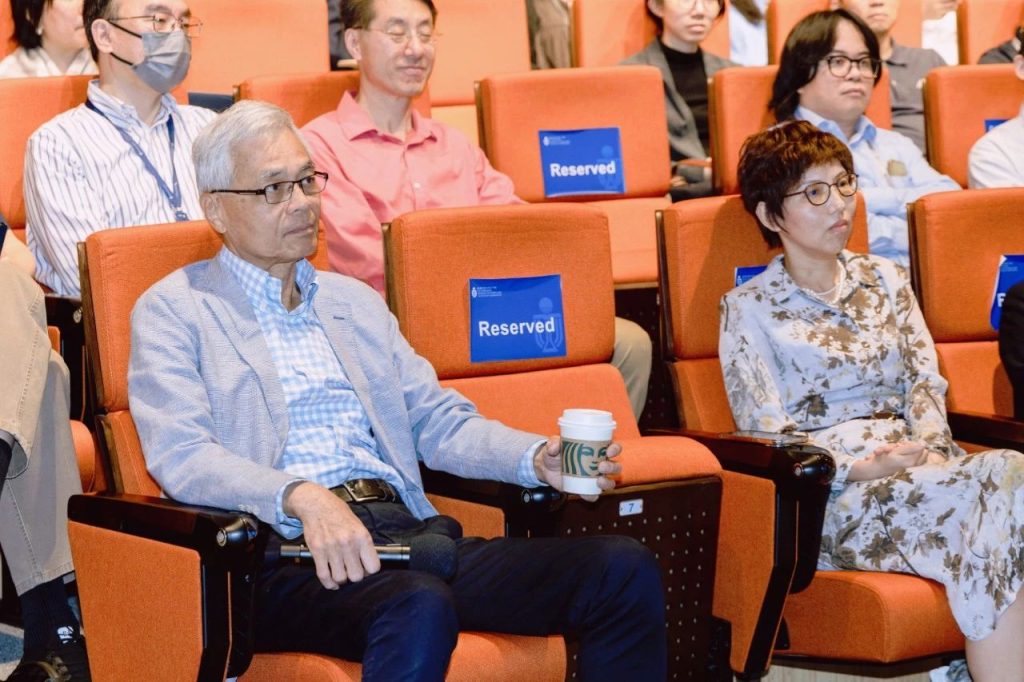
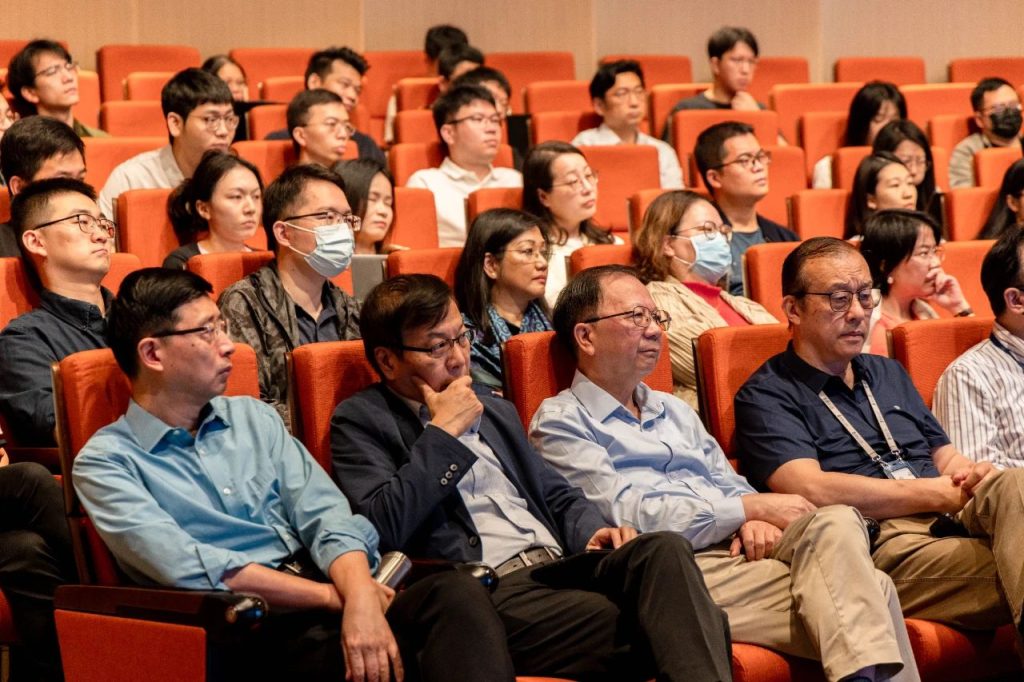

Drawing on their respective expertise and areas of specialization, the participants at the meeting engaged in lively discussions and exchanged ideas to outline the future development blueprint for the Low Altitude Systems and Economy Research Institute (LASERi).
At the beginning of the kick-off meeting, President Prof. Lionel M. NI elucidated the vision and necessity of conducting low-altitude economy research at our university. He emphasized that the Hong Kong University of Science and Technology (Guangzhou) possesses a group of top-notch researchers who are willing to "break boundaries" and that the establishment of the research institute serves as a strong testament to the interdisciplinary research capabilities of our university. Since January of this year, several seminars and workshops related to the low-altitude economy have been held on campus, with many faculty and students expressing keen interest in this field and possessing sufficient expertise in the subject matter.
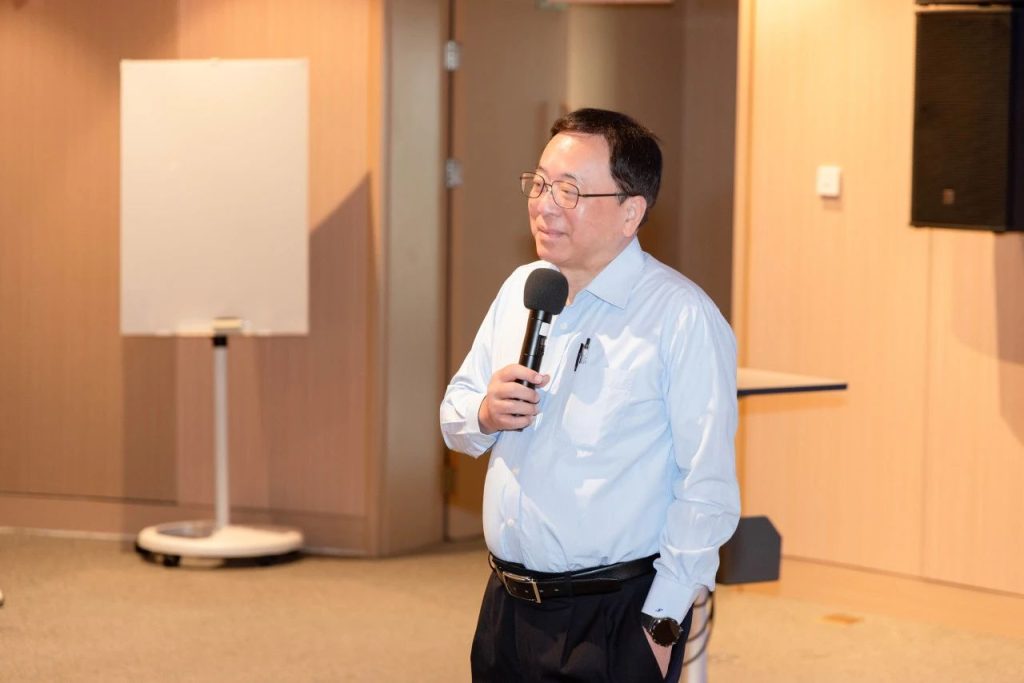
Prof. Wei SHYY highlighted the research potential of the low-altitude systems and the significance of turning the technological innovation into economic momentum. He expressed his hopes that HKUST(GZ) can make significant contributions to the field of low-altitude economy research. With the improvement of internal organization and coordination, the Low Altitude Systems and Economy Research Institute at HKUST(GZ) will serve as an anchor to initiate collaborations with the Shenzhen IDEA Research Institute and HKUST as a first step. They will then seek further partnerships with other complementary research institutes or laboratories. Professor SHYY also emphasized the significance of collaboration with other universities, industry, and government entities, urging faculty and staff members to leverage their strengths and provide support for the development of the research institute.

Prof. Liuqing YANG reiterated Prof. Wei SHYY's definition of the institute's style as "We adapt, we improvise, and we work together." She stated that the team consists of both experienced advisors and emerging "rising stars," comparing the members joining the Low Altitude Systems and Economy Research Institute to aircraft components, where each part is crucial. However, no part can take off independently from the team. She emphasized that members should have a sense of mission and responsibility, emphasizing that involvement in low-altitude economy research is not merely about publishing a few papers but rather about making a real impact.
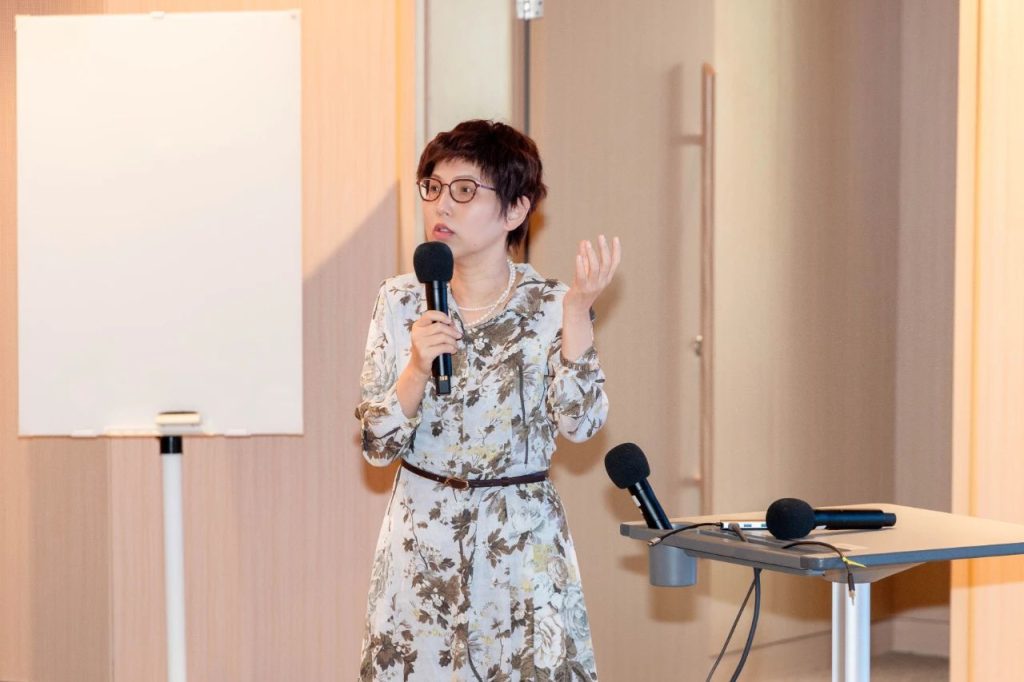
Under the leadership of Prof. Wei SHYY, the Low Altitude Systems and Economy Research Institute has initially established 7 major task groups (TGs) based on members' interests and expertise. These groups are divided into four major research areas: Scenarios, Economic Aspects, Sustainability & Standardization, as well as Data platform, Flow, Manufacture, Control & Materials, and Networks. 2-3 faculty members serve as leaders and main points of contact, and 1-3 senior colleagues as consultants for each group. During the meeting, representatives from each task group, including Ms. Beijinni LI, Ms. Lujia WANG, Prof. Danyang XIE, Prof. Yuekuan ZHOU, Mr. Jialiang LIAN, Prof. Yuyu LUO, Prof. Shuai JIA, Prof. Huihe QIU, and Prof. Xinhu ZHENG, provided detailed introductions regarding the composition of their respective groups, research content, and research visions.
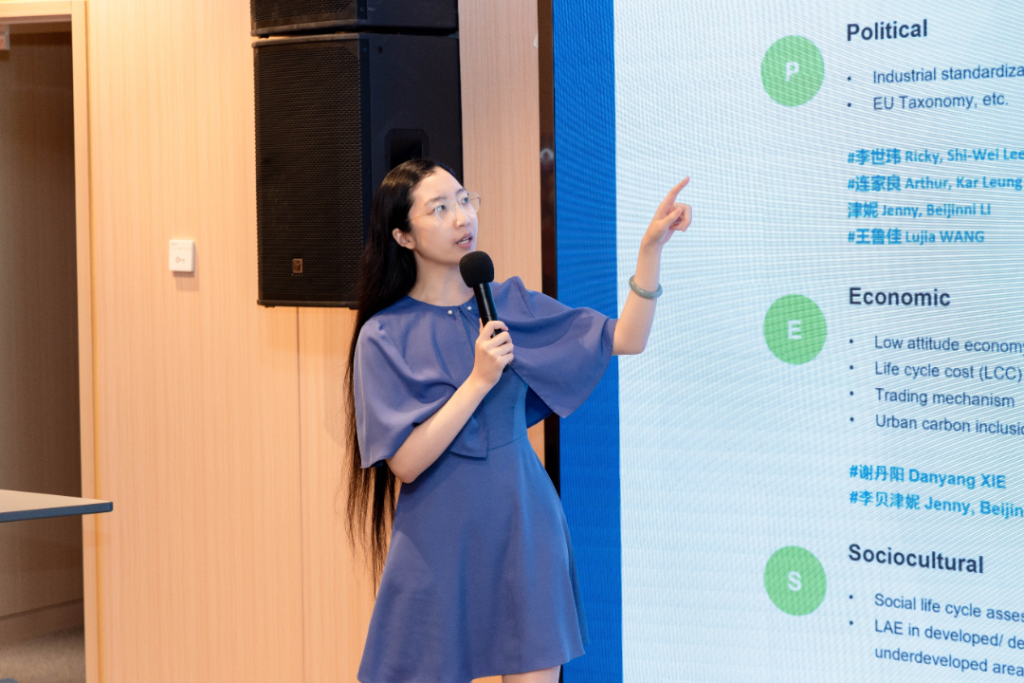
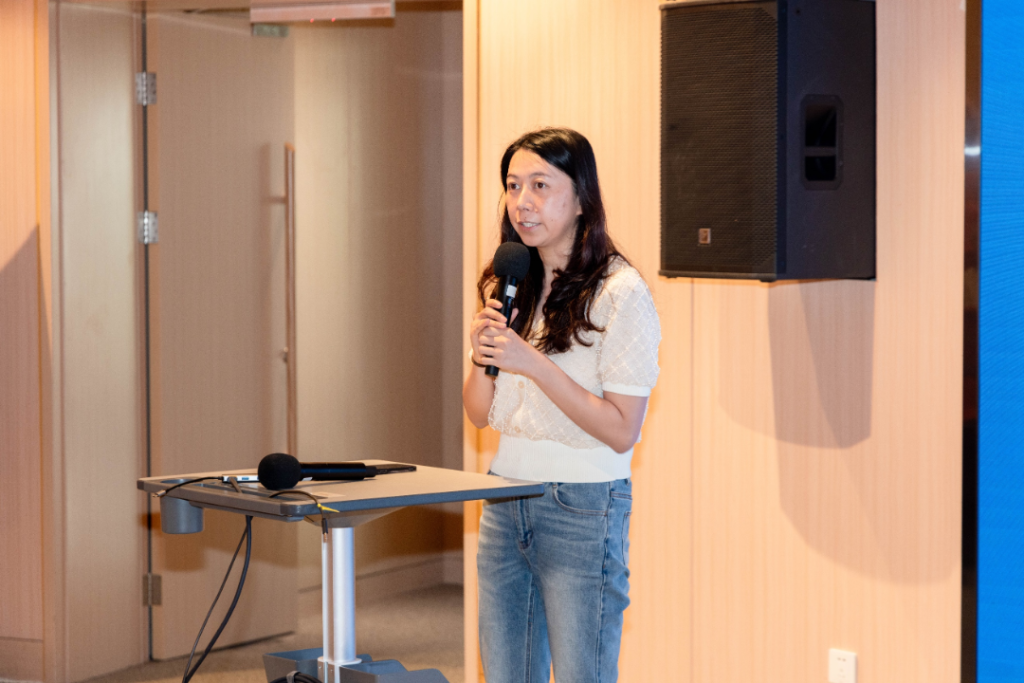

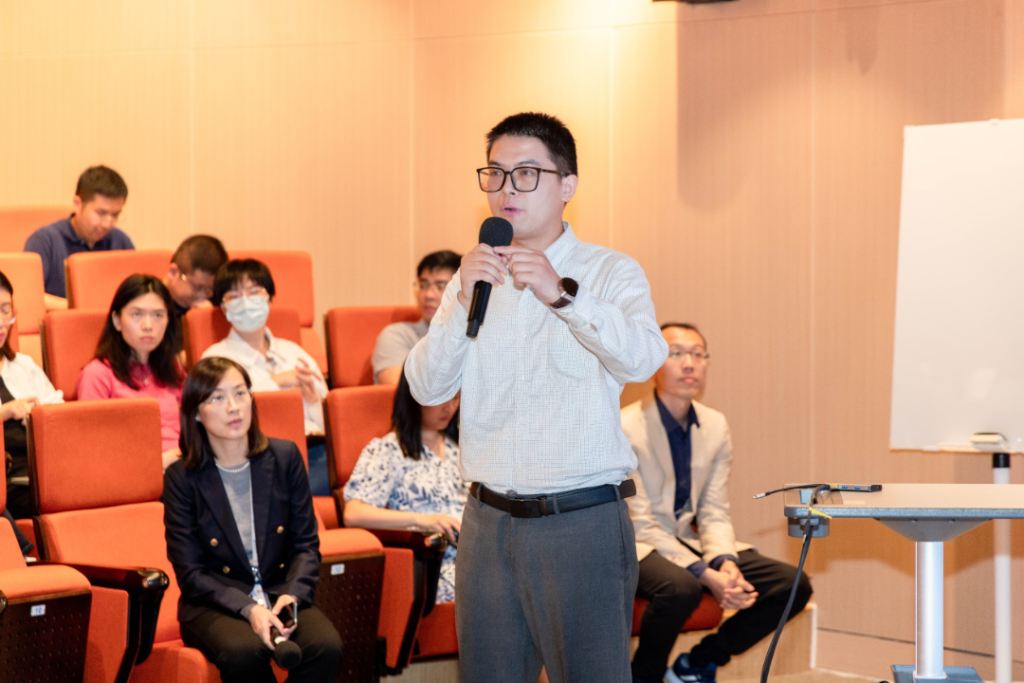
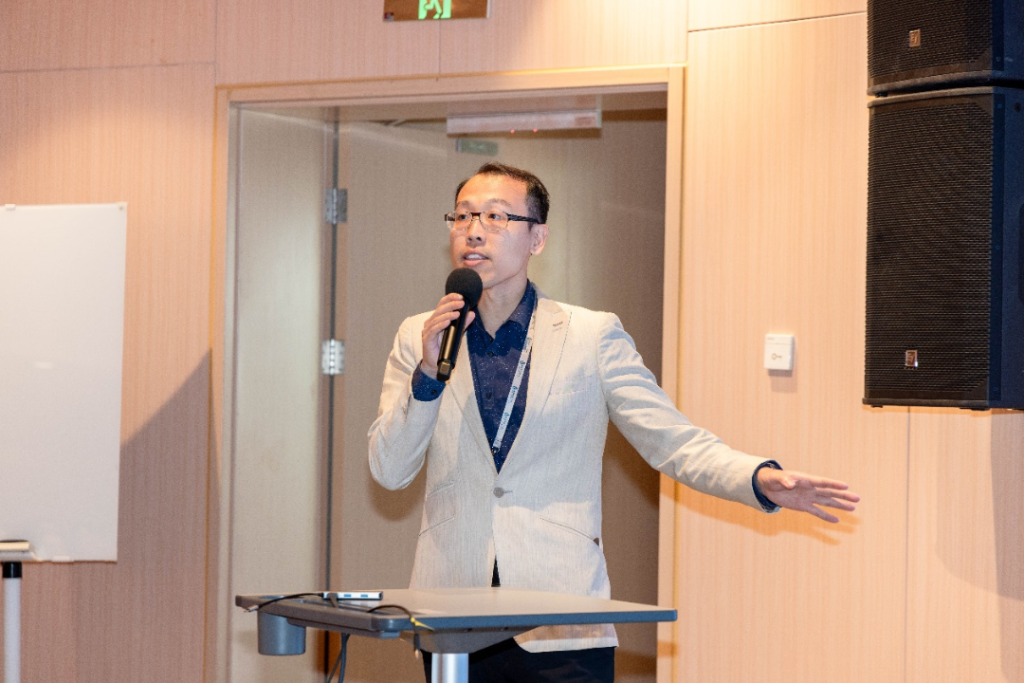
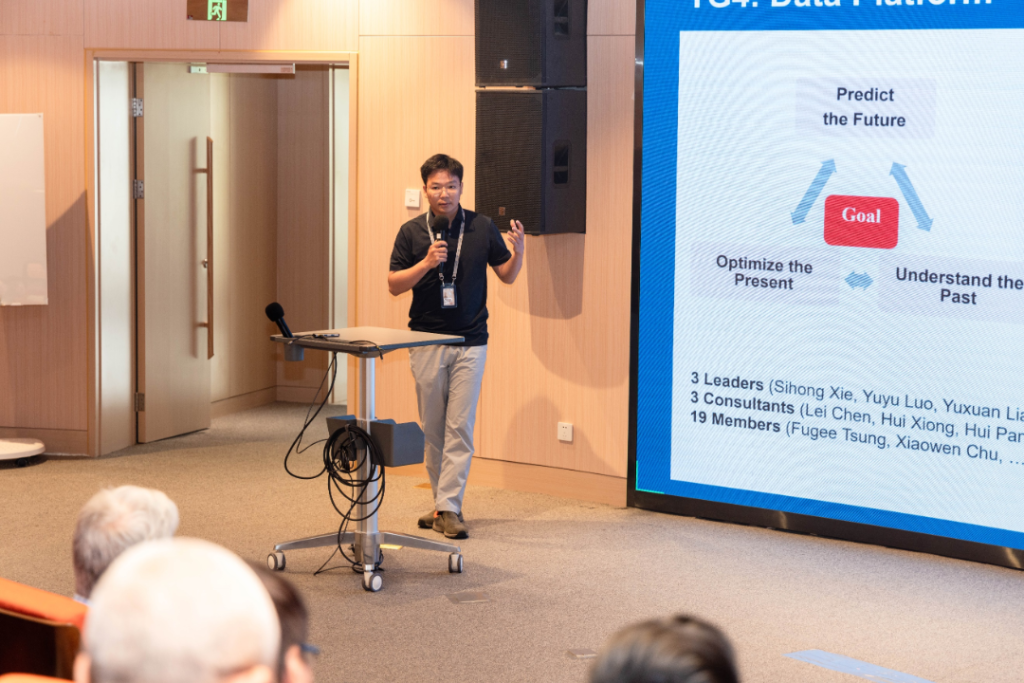
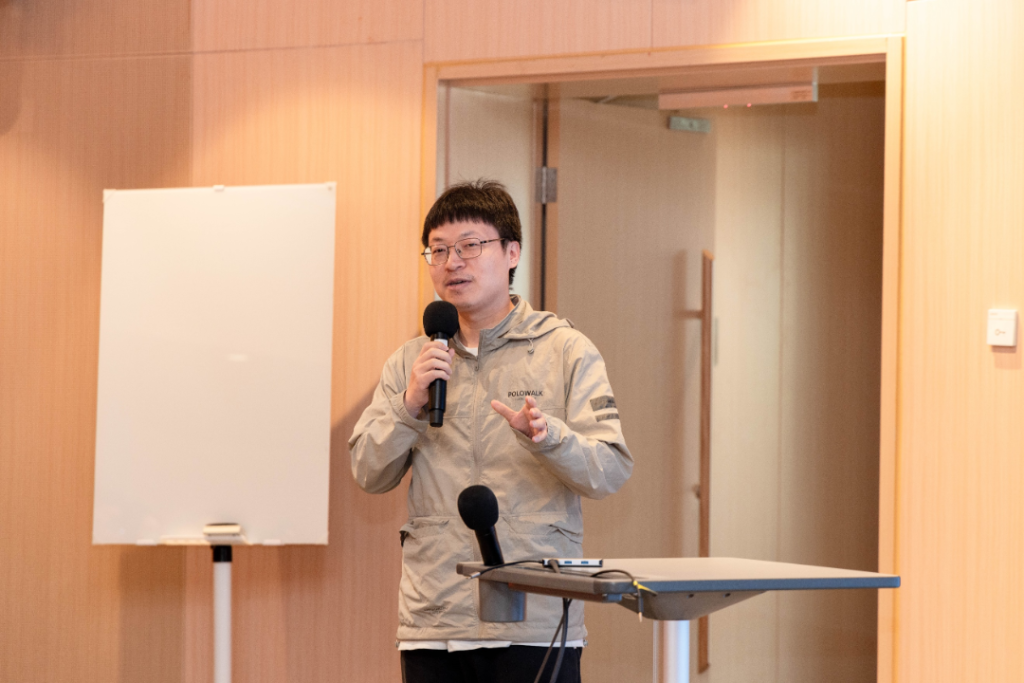
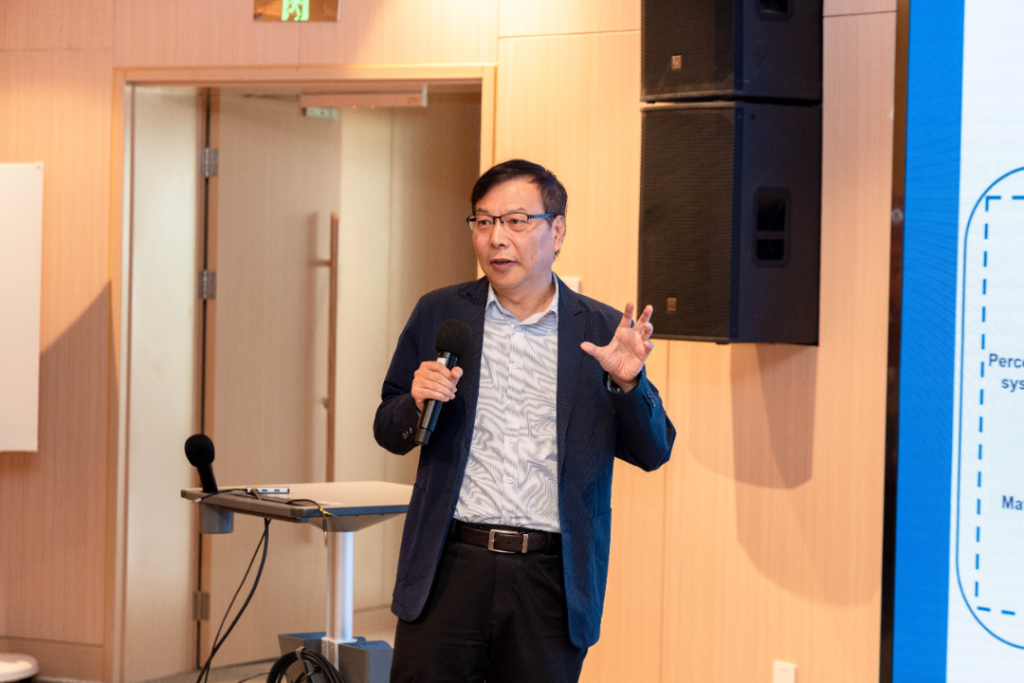
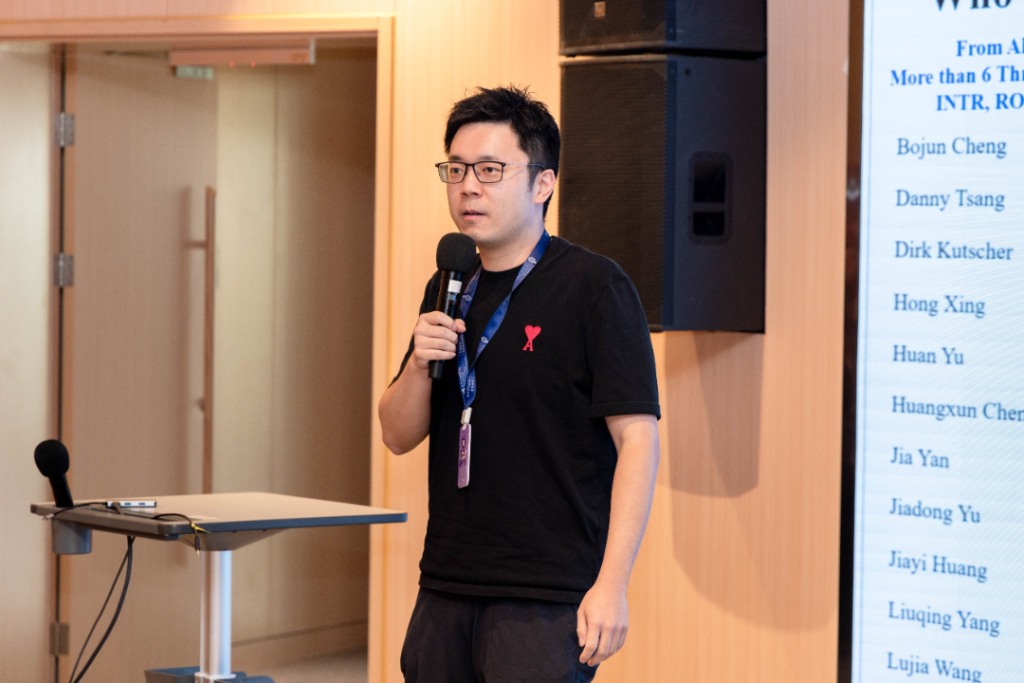
After listening to the reports from the seven task groups, President Prof. Lionel M. NI and Prof. Wei SHYY delivered their concluding remarks. President Prof. Lionel M. NI expressed gratitude for the members' efforts and contributions during the preliminary preparations. He stated that HKUST(GZ) aims to identify core technologies in the field of low-altitude systems and economy and facilitate solutions for various application scenarios. Prof. Wei SHYY emphasized that cross-collaboration among task groups is key to driving research progress. He also encouraged the task teams to fully understand the research mission, challenges, and latest technological developments before formulating solutions. The Low Altitude Systems and Economy Research Institute will serve as a platform to help members achieve their research dreams.
Background Information
What is the low-altitude economy? It refers to a comprehensive economic format that involves vertical heights below 1000 meters and utilizes manned and unmanned aerial vehicles as carriers. It encompasses various low-altitude flight activities such as manned and cargo transportation, as well as other operational scenarios, to drive the integrated development of related fields. In simple terms, it allows for the freedom to conduct activities and services that were traditionally performed on the ground, such as living, production, and transportation, in the low-altitude airspace.




、安特卫普大学(图右)签署合作协议-1024x576.jpg)